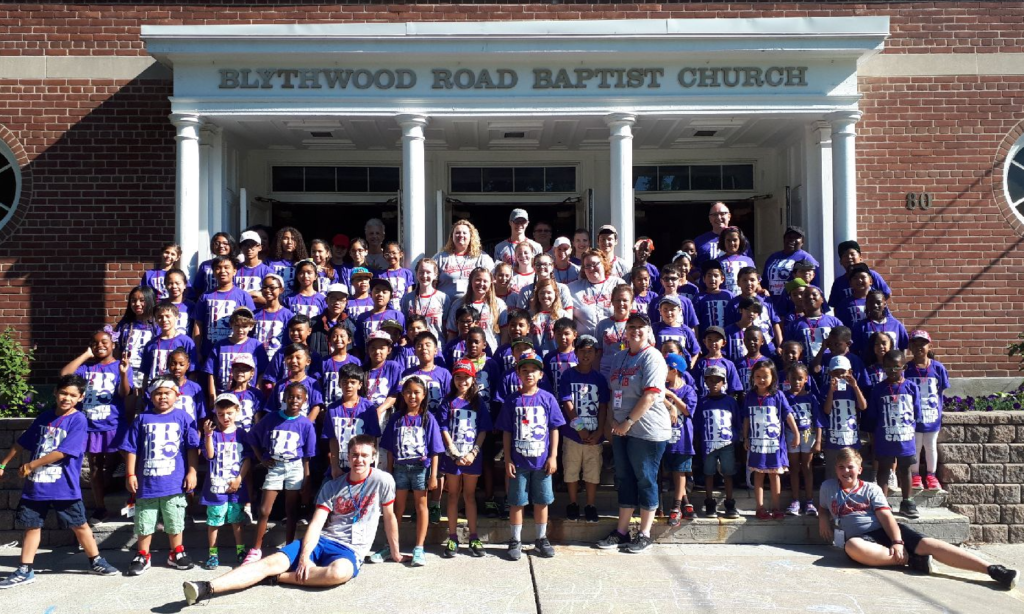 By Helen Lenz
By Helen Lenz
Interim Assistant in Ministry
Blythwood Baptist Church, Toronto
This past May, I had the opportunity to travel to Germany to attend my cousin’s wedding. My father’s extended family has lived in the same village in Southwest Germany for as long as anyone has been able to trace. My cousin was married in her hometown, in the same church in which she was christened, and also where her parents were married…and her grandparents! Nearly everyone at the wedding seemed to have some sort of connection to this particular church and community, which went back generations. No one questioned their identity or the authenticity of their relationship to the couple or the community.
In my mind, North American churchgoers don’t have these same roots to draw upon for a sense of security and belonging. I’ve lived in a small handful of cities and attended a large handful of churches over the years, and while I have certainly encountered people with family roots in a particular congregation or community, this is far from the norm. Yet, our vision of parish and community hasn’t really changed from when we were more likely to spend our lives in the same community than not. We want others to feel welcome in our space, yet this can be difficult to leverage without history and rapport. We welcome new people into our community with the hope that they are planning to stay long-term, yet this is not often the case. Perhaps as a by-product of living in a society fueled by instant gratification, we tend to invest in outreach opportunities in which we can witness the fruits of our efforts. We want to see how things turn out—we want to know the end of the story. If we can’t have that confirmation of the efficacy of our efforts, they almost seem futile.
Summer camp at Blythwood has been a prime example and a bit of a case study in this transience. We have but two weeks of the year to show love to 95 kids whose parents have trustingly allowed them to grace the doors of our church. We have little to no control over what these kids are exposed to—or are not exposed to—the other 50 weeks of the year. What kind of impact can occur in two weeks? How are we sustained and encouraged through this venture? How do we know that God is with us in this? Is it worth it if none of these families stick around to become more permanent fixtures in our church community?
God, by his grace, gave us so many reminders this year of his involvement and work in the lives of these children and their families. There were children reading their Bibles at every opportunity, thirsty for more of God’s word; parents who were reporting to us that their children were sharing with them more about the Bible than they had previously known; children were dedicating their lives to Christ for the first time; others were renewing that decision, and a kitchen volunteer who shocked me with the question of how she could become a Christian, because she had felt God working in her heart.
As I have taken some time to step back and reflect upon this year’s summer camp, I have been filled with awe and gratitude for the God who does immeasurably more than we can ask or imagine. Our identity is not determined by our family history, location, age, race, or socioeconomic bracket, but by the fact that we are beloved children of God. In a fast-paced world where so many are struggling to find or discover or reinvent themselves, what could be more important than showing the individuals whom God places in our lives his love? What a special privilege it is to demonstrate the Father’s love to children, so that they may carry their identity of “God’s beloved” throughout their lives!
Helen Lenz is the Interim Assistant in Ministry at Blythwood Baptist Church, Toronto. This past July, Helen managed the two week camp, which celebrated its seventh anniversary this year: Lawrence Heights Summer Camp.
